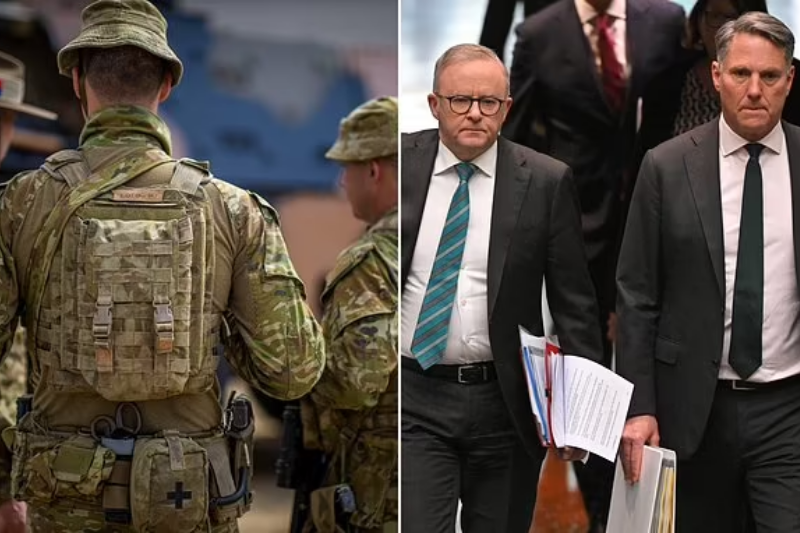
Afghanistan War Crimes: Australian Commanders Stripped of Honors
Defense Minister Richard Marles announced on Thursday that the medals of several Australian military commanders have been revoked following allegations of war crimes during the Afghanistan conflict. The decision comes as part of the fallout from an investigation led by Maj. Gen. Paul Brereton, which examined alleged misconduct by Australian special forces between 2005 and 2016.
Brereton’s report uncovered the involvement of around 25 soldiers from the Special Air Service Regiment (SAS) and Commando Regiment in the unlawful killings of 39 Afghan civilians and prisoners. These findings have led to unprecedented actions against commanders under whose watch these acts were committed, even if they were not directly involved or aware of the incidents.
“The allegations in the Brereton Report are perhaps the most severe accusations of war crimes in Australia’s history,” Marles told Parliament. He added that commanders were being held accountable for actions that took place under their command, explaining the rationale behind revoking the medals. However, he did not specify how many commanders were affected or provide details on their ranks due to privacy concerns.
This decision has faced criticism from military figures, including Martin Hamilton-Smith, chair of the Australian Special Air Service Association. Hamilton-Smith condemned the removal of medals as a betrayal of the soldiers’ courage and sacrifices in Afghanistan. He argued that the commanders, some of whom led troops in extremely challenging conditions, were being unfairly targeted based on allegations of incidents that may have taken place far from their direct oversight.
In response, Marles clarified that the decision to strip medals was not an indictment of the officers’ personal actions. “The issue is not whether these commanders were aware of the incidents or whether they acted upon them,” he explained. “When you command a unit, you share in both its successes and its failures. The question we must ask is whether, knowing what we do now, these medals would have been awarded.”
The issue has sparked broader debate within Australia, with opposition lawmaker Andrew Hastie, a former SAS captain who served in Afghanistan, calling for political and military leaders to also be held accountable. Hastie emphasized that the chain of command, including leadership in Canberra, should bear responsibility for the moral failures that allowed these war crimes to occur.
While no Australian soldier has yet been convicted of a war crime in Afghanistan, investigations continue. In 2023, former SAS trooper Oliver Schulz was charged with a war crime for allegedly killing a noncombatant in Uruzgan province in 2012. Separately, Ben Roberts-Smith, Australia’s most decorated living war veteran, was found by a civil court to have likely unlawfully killed four Afghans, though he has not been criminally charged.
These developments mark a significant moment in Australia’s military history as the country grapples with the legacy of its involvement in Afghanistan and the difficult questions raised by the actions of some of its elite troops.




